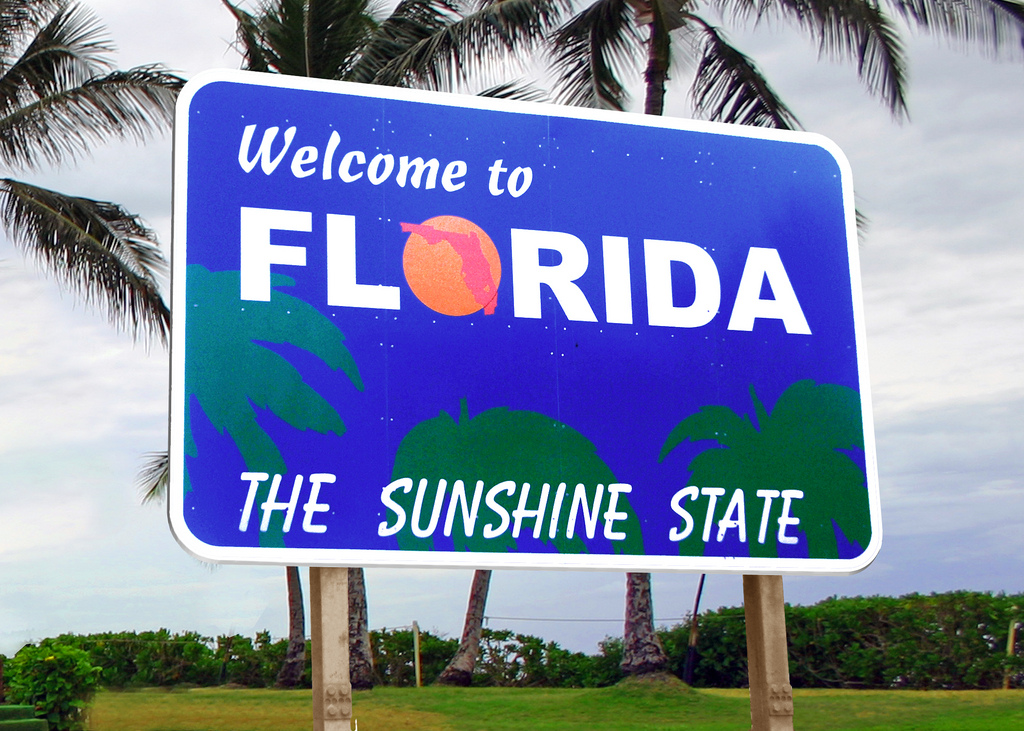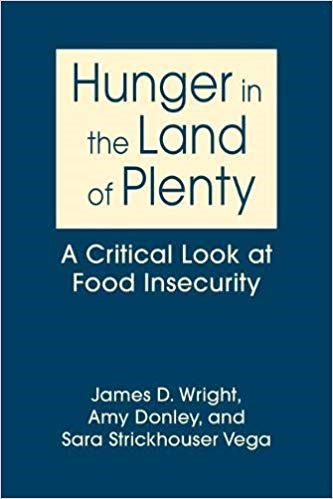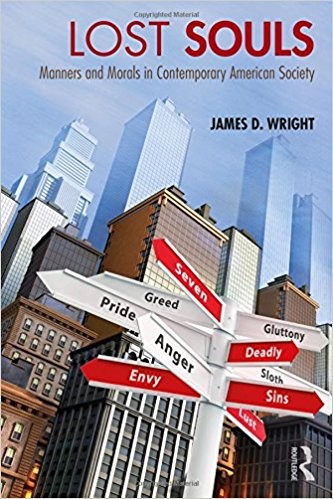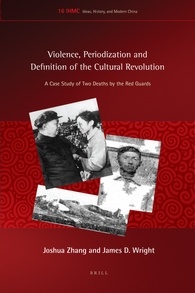The 2000 Presidential election turned on the Florida outcome, an outcome determined by how firmly ballot dimples remained attached to their cardboard backing. A year later, nineteen terrorists based mainly in Florida flew two planes into the World Trade Center and a third into the Pentagon and changed the world forever. These episodes illustrate the energy poles between which Florida vibrates and crackles: absurdity at one pole, tragedy at the other, with an arc in between that runs through the weird, the preposterous, the inane, the wonderful and at times the just plain spooky. That is the state I have come to know and love and have written about in this book.
Driving around Florida today, you can witness the technological marvel that is the American space program, spend a delightful day in a St Petersburg museum housing the world’s second largest collection of Salvador Dali paintings, or take in a thirty minute show featuring live mermaids at Weeki Watchee Springs. You can tour archaeological sites documenting the history of the state’s aboriginal inhabitants and fake archaeological sites that purport to be Ponce de Leon’s original Fountain of Youth. You can bask in the sun pretty much anywhere along the state’s 1,200 miles of shoreline, buy fresh native citrus at every interstate rest stop, or watch alligators lunge out of the water to snag fresh chickens from a wire at Kissimmee’s Gatorland. Florida is “an unnatural history of America’s weirdest state.”
The book is a collection of factoids, oddments and stories about my adopted state. It discusses the invention of modern Florida by Henry Morrison Flagler, the founding of stock car racing at Daytona Beach, and the early zany years of the space program. Ever wonder how the citrus industry got its start? How Florida became Theme Park Nation? How destructive hurricanes shaped the state’s development? If yes, Florida is a book you want to read.
People come to Florida to retire, to relax, and to start their lives anew. Two thirds of the state’s population were born elsewhere. If Florida is in your plans, Florida is a book you need to read. Florida — where your orange juice comes from, where the space program is located, and where more people are bitten by alligators, snakes and sharks than any other. Learn about the history, culture, and attractions of the state in this witty, readable, wide-ranging account.
Read an excerpt at my blog.
Florida: An Unnatural History of America’s Weirdest State is now available from Thomas Dunne Books, a division of St. Martin’s Press.




